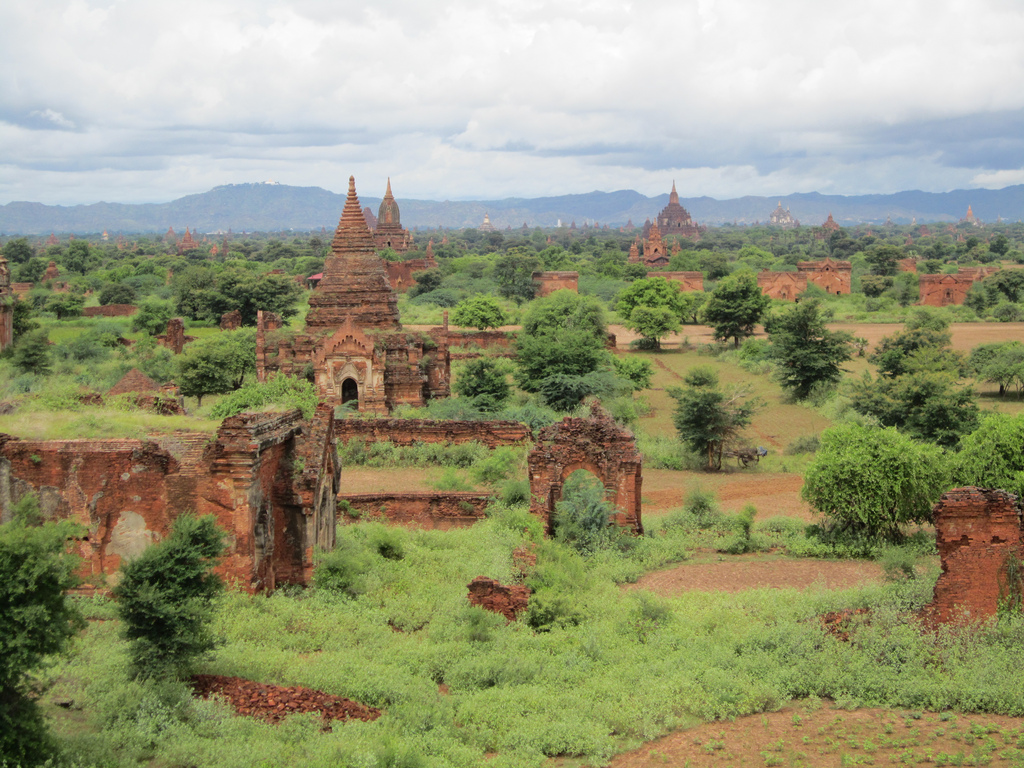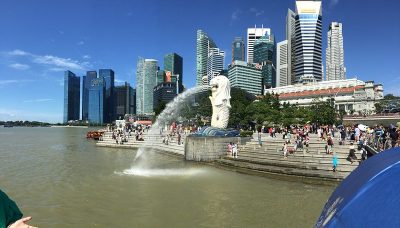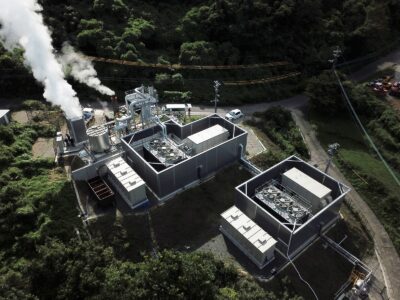ADB study names considerable geothermal potential for Burma
The Asian Development sees considerable geothermal potential in Burma, naming 93 geothermal locations and current assessment work by Japan's Electric Power Development Company, as well as Union Oil Company and Caithness Resources from the U.S.
In a study issued earlier this fall by the Asian Development Bank (ADB), the bank assesses the energy sector for Myanmar (Burma), geothermal is seen as a currently underestimated potential energy source for the country.
The report was written as an initial assessment of Burma’s energy sector and looking at what the country can do to develop a concise strategy to develop and strengthening its energy sector. This includes rehabilitation work on power generation, transmission and distribution, as well as development of renewable energy projects, among others.
While the report focuses on more general energy market issues, it explicitly mentions the considerable geothermal potential of the country.
“Geothermal energy is abundant, with considerable potential for commercial development. Ninety-three geothermal locations have been identified throughout the country,” it said.
Some geothermal sites are currently being assessed and tested with the assistance of Japan’s Electric Power Development Company, the US’s Union Oil Company and Caithness Resources.
This is in so far interesting as the country just recently opened up following some political reforms.
“Clearly, strengthening [Burma’s] energy sector is critical to reducing poverty and enhancing the medium and long-term development prospects of the country,” says the ADB study. “Electrification is an urgent requirement, without which whole areas of the country will be severely hampered in their efforts to advance economically.
“Social progress also depends on electrification, without which health, education and other essential services inevitably suffer.”
The ADB stresses, however, that in spite of this urgency “issues of sustainability and protection of the environment must be considered simultaneously.”
Source: Asian Development Bank (study), The Irrawaddy


















